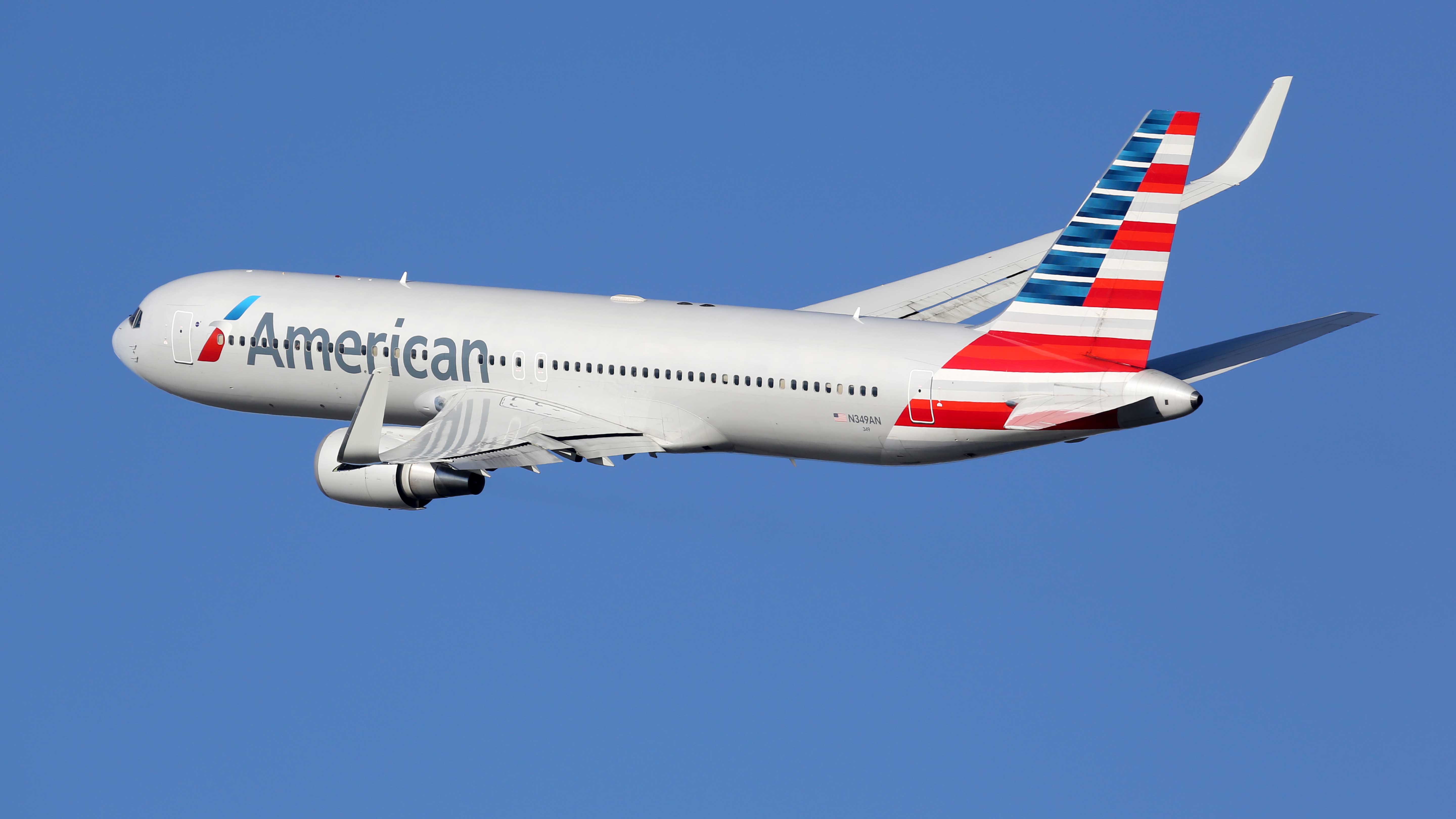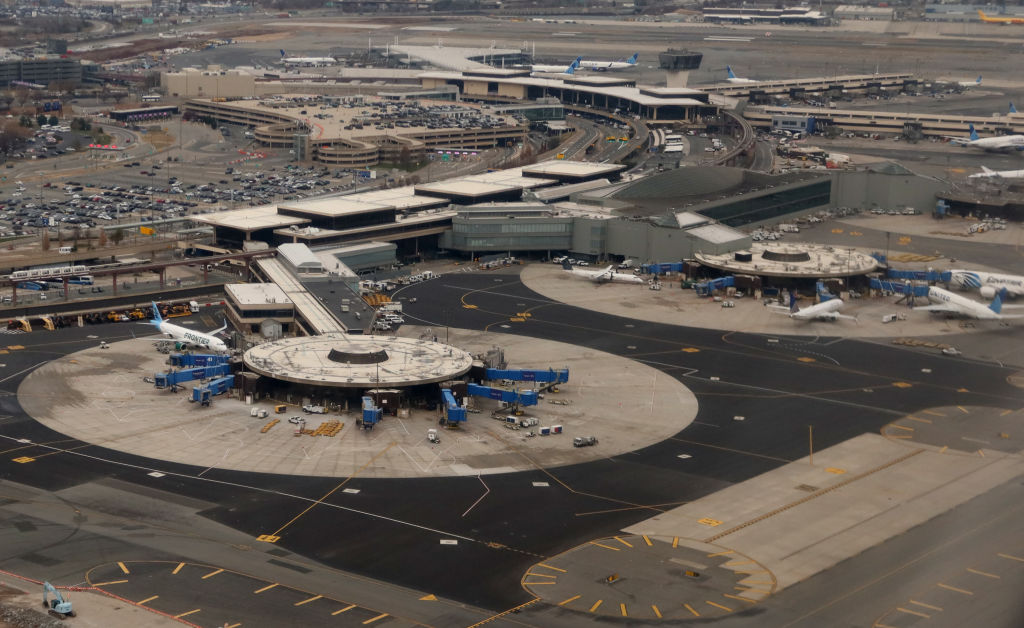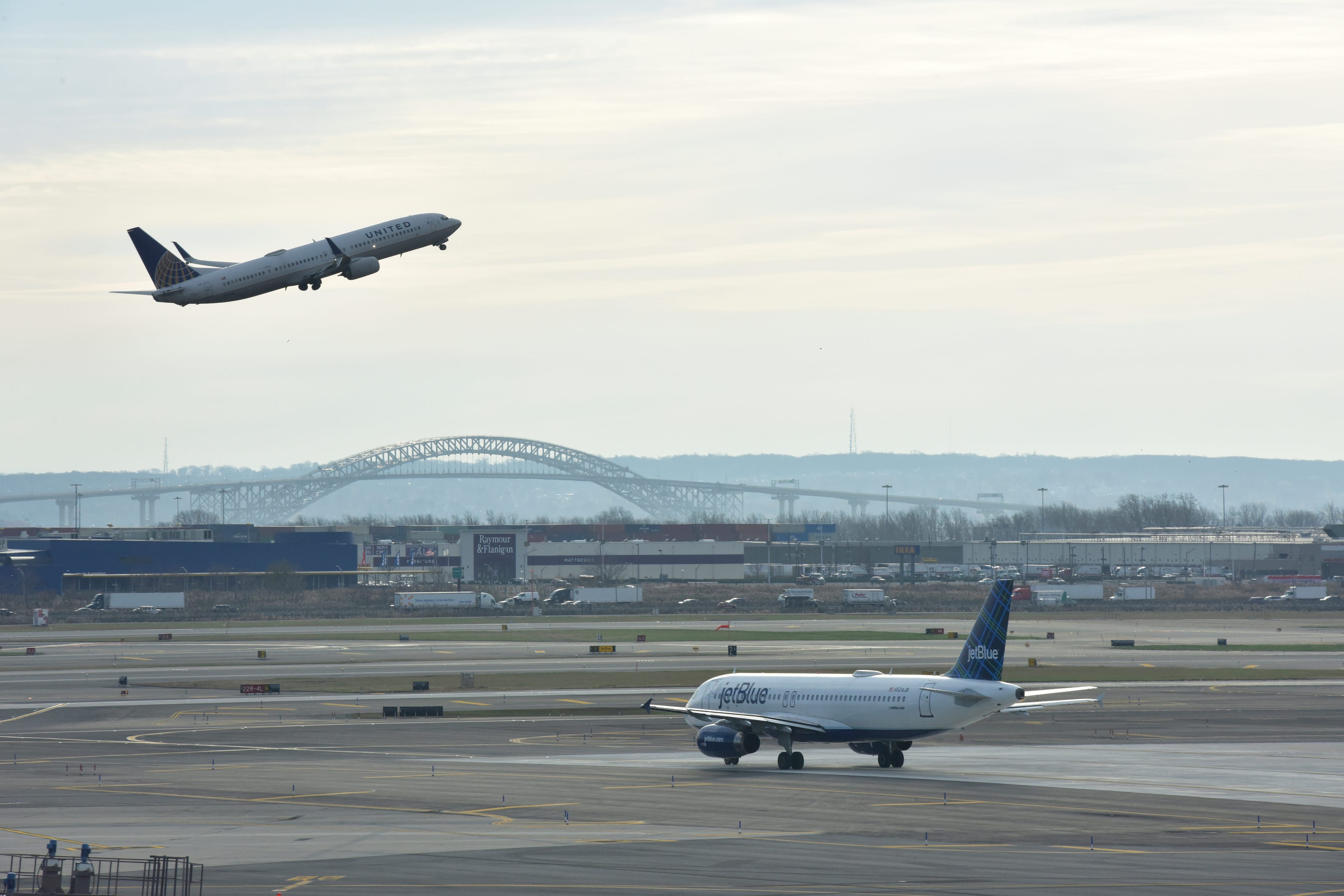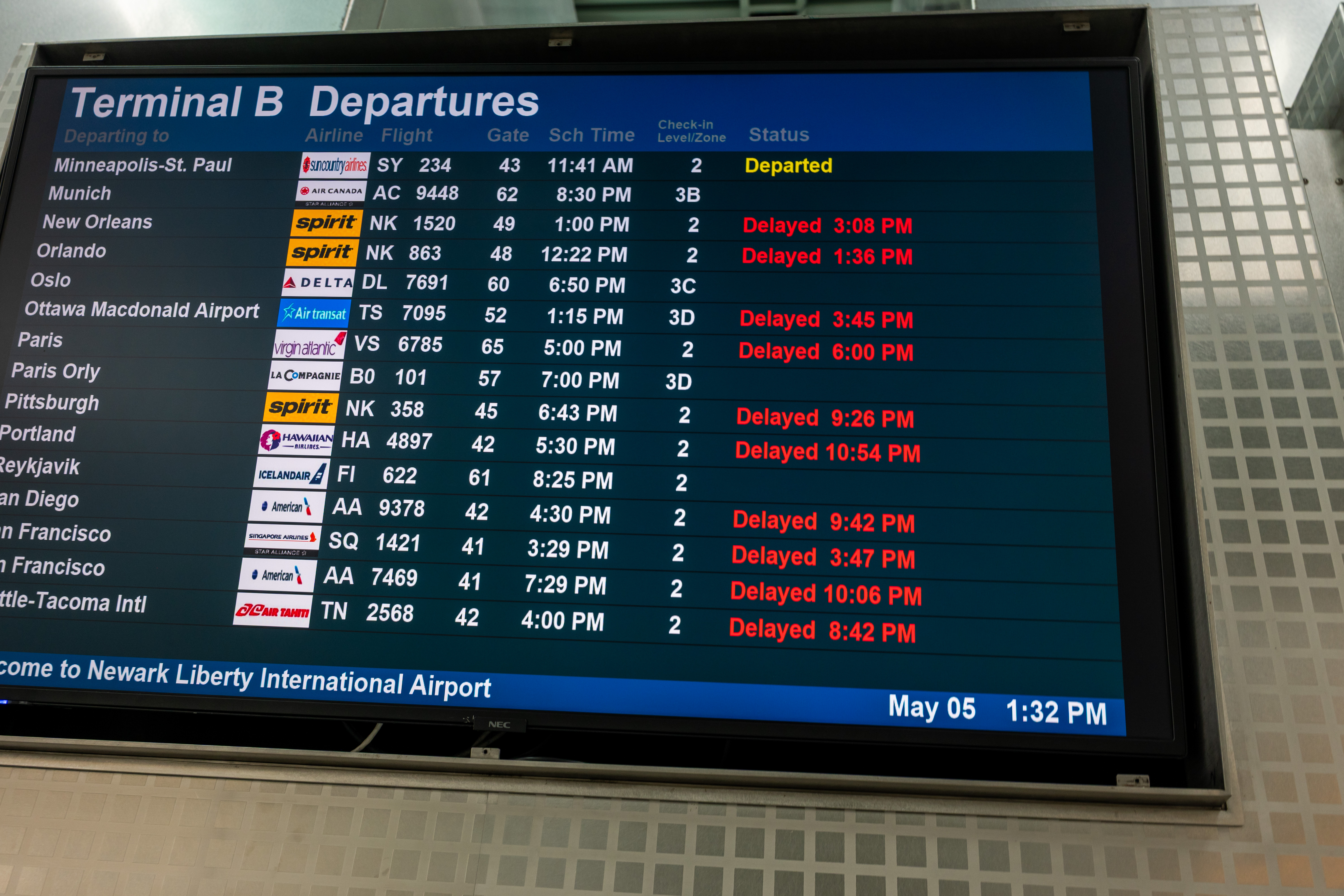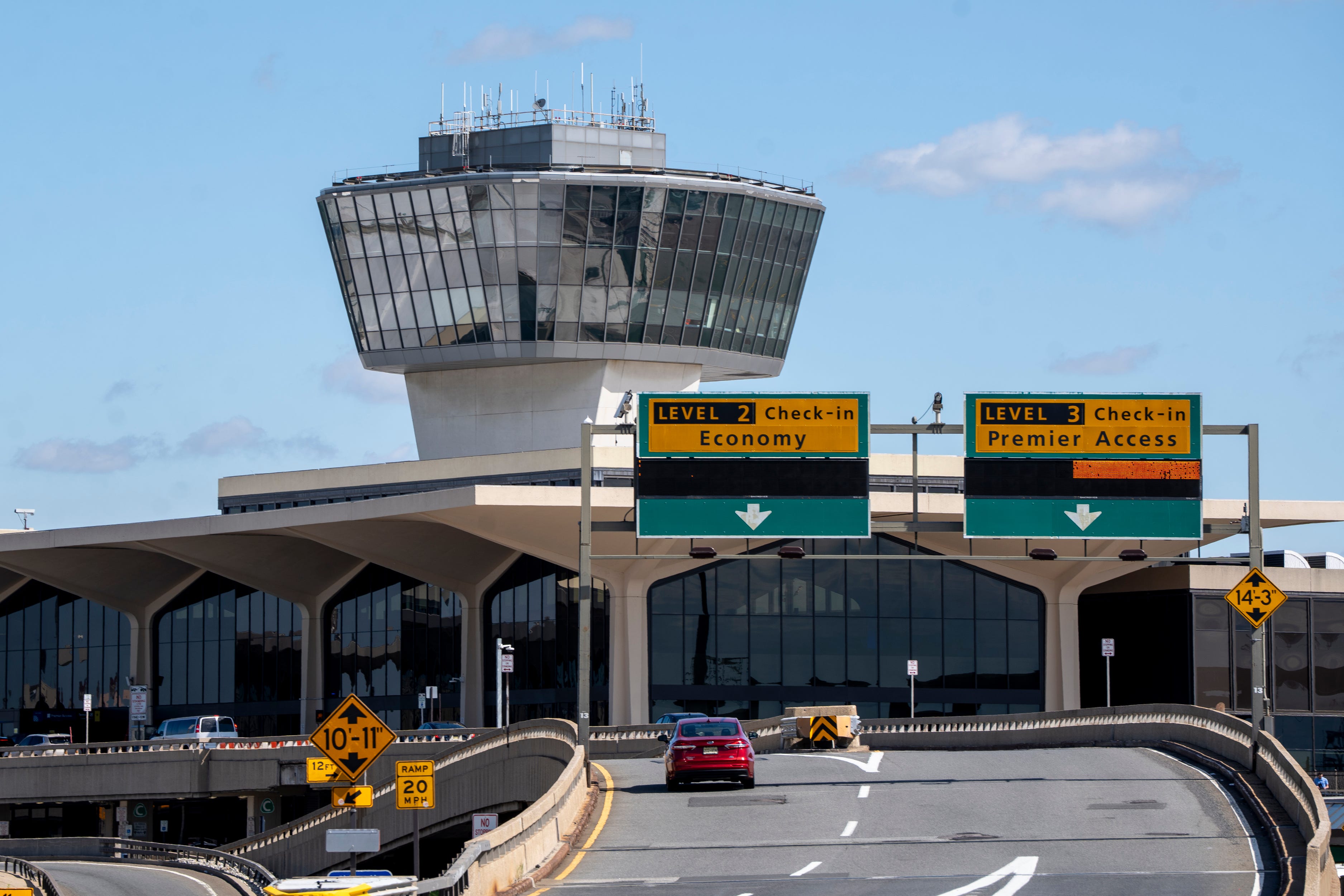In-Flight Assault: American Airlines Faces Shocking Lawsuit
American Airlines Sued Over In-Flight Sexual Assault Allegation
Introduction: A Nightmare in the Skies
CONTENT WARNING: The following story includes details regarding an alleged sexual assault.
Imagine settling into your seat on a flight, excited for a trip to see your loved ones. Now, imagine that journey turning into a horrifying ordeal. That's the reality Barbara Morgan, a woman who alleges she was sexually assaulted on an American Airlines flight, is now facing. This isn't just a story about an individual incident; it raises serious questions about passenger safety and airline accountability.
A lawsuit has been filed against American Airlines by Morgan following the alleged assault on an April 2024 flight from San Francisco to Dallas, according to her attorneys at Romanucci & Blandin. Let's delve into the details of this disturbing case and what it means for air travel safety.
The Alleged Assailant: A Repeat Offender?
According to the lawsuit, the alleged assault was perpetrated by Cherien Abraham, a Texas man. But here's where it gets even more concerning: Abraham had reportedly been flagged to American Airlines for abusing a female passenger on a previous flight in 2023. How could someone with a history of alleged misconduct be allowed to fly, let alone be seated next to another passenger?
Was there Negligence?
The crucial question here is: what did American Airlines know, and when did they know it? If they were aware of Abraham's prior behavior, why weren't preventative measures taken to ensure the safety of other passengers? This is a central point of contention in the lawsuit.
The Flight: From Excitement to Trauma
Morgan, identified in the complaint, was flying to Dallas to celebrate her son’s new job and home. A joyous occasion quickly turned into a nightmare. She was assigned a middle seat next to Abraham. Imagine the sense of vulnerability, trapped between two strangers, especially as a lone female traveler.
The "Stop!" That Was Ignored
According to the complaint, Morgan was sexually assaulted by Abraham during the flight. What's even more alarming is that she alleges she yelled "Stop!" at the man, but her pleas were ignored by flight attendants. If true, this paints a disturbing picture of a lack of attentiveness and disregard for passenger well-being on the part of the airline staff.
The Aftermath: Arrest and Charges
Abraham, described as a corporate professional, was later arrested and charged by federal authorities. While the wheels of justice are turning, the emotional and psychological impact on Morgan is immeasurable.
The Lawsuit: Seeking Accountability
The lawsuit aims to hold American Airlines accountable for its alleged negligence and failure to protect its passengers. It seeks damages for the emotional distress, pain, and suffering that Morgan has endured. But this lawsuit is potentially about more than just one person’s experience.
What are the specific claims in the Lawsuit?
While the specific claims haven't been fully disclosed in the truncated content, we can infer that the lawsuit likely includes allegations of negligence, failure to provide adequate security, and possibly intentional infliction of emotional distress. The key will be proving that American Airlines had a duty to protect its passengers and breached that duty.
Airline Responsibilities: Protecting Passengers
Airlines have a fundamental responsibility to ensure the safety and well-being of their passengers. This includes providing a secure environment, training staff to recognize and respond to potential threats, and taking appropriate action when incidents occur. Are airlines doing enough to protect passengers from sexual assault?
What security measures are in place (or not)?
The lawsuit begs the question: what security measures are currently in place to prevent in-flight sexual assaults? Are background checks conducted on passengers? Is there sufficient training for flight attendants to recognize and respond to these situations? These are crucial questions that need to be addressed.
The Role of Flight Attendants: More Than Just Serving Drinks
Flight attendants are not just there to serve drinks and snacks. They are the first line of defense in ensuring passenger safety. They need to be properly trained to recognize signs of distress, intervene in potentially dangerous situations, and alert authorities when necessary.
Adequate Training is Crucial
The alleged failure of the flight attendants to respond to Morgan's cries for help highlights the need for more comprehensive training. Are flight attendants equipped to handle sensitive situations like sexual assault? Do they have clear protocols to follow? These are vital considerations.
Passenger Rights: What You Need to Know
As a passenger, you have certain rights when flying. These rights include the right to be treated with respect and dignity, the right to a safe and secure environment, and the right to report incidents of misconduct or abuse. It's important to be aware of these rights and to exercise them when necessary.
Reporting an Incident: Don't Stay Silent
If you experience or witness any form of harassment or assault on a flight, it is crucial to report it to the flight crew and, if necessary, to law enforcement authorities. Staying silent only allows the perpetrator to continue their behavior and puts other passengers at risk.
The Impact on Air Travel: Rebuilding Trust
Incidents like these erode public trust in air travel. Passengers need to feel confident that airlines are taking their safety seriously. This requires transparency, accountability, and a commitment to implementing effective security measures.
Restoring Confidence: A Call to Action
Airlines need to take proactive steps to restore confidence in air travel. This includes investing in enhanced security measures, providing better training for staff, and establishing clear protocols for responding to incidents of sexual assault. It's time for airlines to prioritize passenger safety above all else.
The Broader Issue: Sexual Assault and Harassment
This case is a stark reminder that sexual assault and harassment can happen anywhere, even on a plane. It's a societal problem that requires a collective effort to address.
Combating Harassment: A Shared Responsibility
We all have a role to play in combating sexual assault and harassment. By speaking out against inappropriate behavior, supporting survivors, and demanding accountability, we can create a safer and more respectful environment for everyone.
Conclusion: A Turning Point for Airline Safety?
The lawsuit filed against American Airlines is a serious matter that raises critical questions about passenger safety and airline accountability. If the allegations are true, it reveals a disturbing lack of security measures and a failure to protect passengers from harm. This case could be a turning point, forcing airlines to re-evaluate their policies and procedures and prioritize the safety and well-being of all passengers. It is a reminder that airlines must do more than just transport passengers from point A to point B; they must create a safe and respectful environment for everyone on board.
Frequently Asked Questions
- What should I do if I experience sexual harassment or assault on a flight?
Report the incident immediately to the flight crew. Document everything you can remember, including the date, time, location on the plane, and any details about the assailant. File a report with law enforcement upon landing. - Are airlines required to conduct background checks on passengers?
Currently, airlines do not conduct comprehensive background checks on all passengers beyond checking their names against the TSA's No Fly List. However, this case may prompt further discussion about expanding security measures. - What legal recourse do I have if I am sexually assaulted on a flight?
You may be able to file a lawsuit against the airline for negligence, failure to provide adequate security, or other related claims. You can also pursue criminal charges against the assailant. Consult with an attorney experienced in aviation law and sexual assault cases to discuss your options. - What is American Airlines' policy on passenger safety and security?
American Airlines states that it is committed to providing a safe and secure environment for all passengers. However, specific details of their policies regarding in-flight sexual assault prevention are not readily available and are likely to be scrutinized in this case. - How can I protect myself from potential harm on a flight?
Be aware of your surroundings. If possible, choose an aisle seat near the flight attendants. If you feel uncomfortable or threatened by a passenger, discreetly alert a flight attendant. Trust your instincts and don't hesitate to speak up if you feel unsafe.
